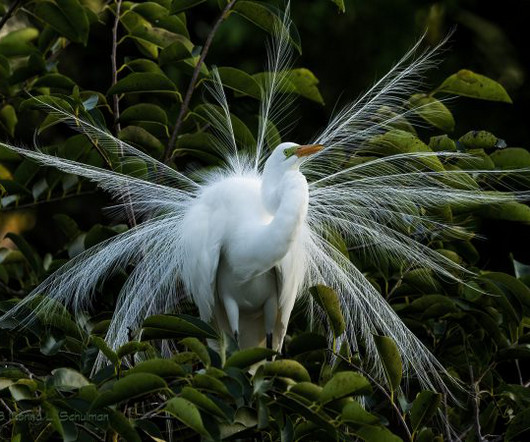From Today's New York Times
Animal Ethics
APRIL 27, 2008
More greenhouse gas emissions are generated by current methods of meat, dairy and livestock production than by driving cars, so we need to reduce meat consumption and develop alternative food production technologies just as urgently as we need to reduce driving and develop alternative fuel technologies. More and more people do not.












Let's personalize your content